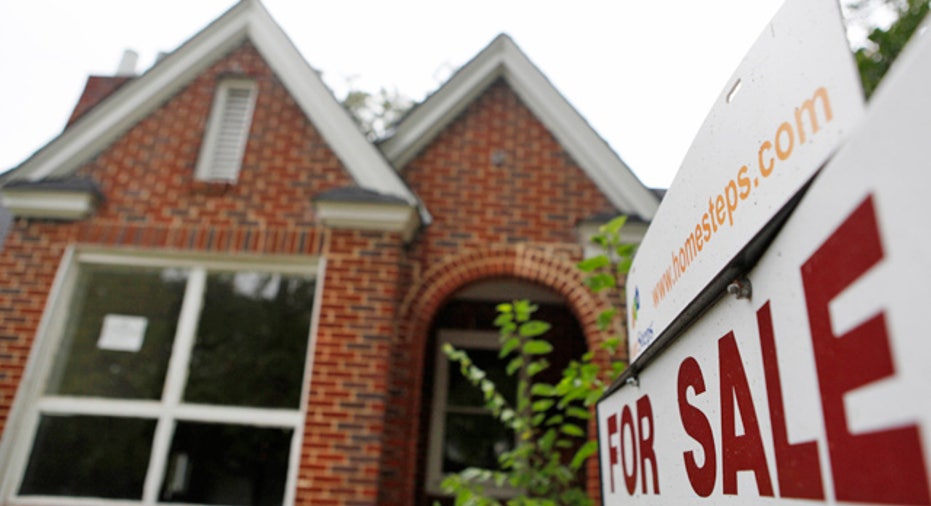How to Sell Your Home, Even When it's Vacant

Some home sellers have to sell vacant houses because they move out before their homes are sold. Realtors say it's a challenge to sell a vacant house, which needs to be insured, maintained, staged and secured against squatters and vandals.
From using a programmable thermostat to deploying "light staging," here are some things to consider when selling a vacant house.
Insuring a vacant home
Linda Zenker, an associate broker with Re/Max Choice in Fairfax, Va., says homeowners need to check their homeowners insurance policy to see if their coverage changes when they no longer live there.
"Both your insurance company and your lender need to know if you move out, particularly because they will want to know you have taken some precautions to protect the property from damage," says Veronica Gonzales, an associate broker with Keller Williams Realty in Albuquerque, N.M.
Securing a Vacant Home
Gonzales suggests setting up a few lamps on timers to make a home look as if someone lives in it.
"You need someone to check on the home frequently to make sure the doors are locked and deliveries are picked up to protect the property from vandals," says Gonzales. "You can even set an alarm as a deterrent, which works even if you don't have it monitored because the sound will go off whenever a door or window is opened."
CJ Wright, a Realtor with ERA Dan Jones and Assoc. in Jacksonville, Fla., recommends turning the slats of window blinds up so that passersby cannot see that the home is vacant, yet light filters in for visitors to the property.
Foiling vandals is important. "The first challenge here in Florida is to secure your air conditioner since people will steal the condenser or steal the copper from the inside of the unit," Wright says. "You can either move it indoors or build a cage around the air conditioner to protect it."
Maintaining a Vacant Home
Protecting your home is not only a matter of securing it against vandals, but also making sure the property isn't damaged by frozen pipes or a leak. Property values can deteriorate, too, if you don't keep the grass cut and the interior clean.
"Use a programmable thermostat to keep the house relatively cool in summer and warm enough in winter," Zenker says. "Make sure you change the battery before you move out and change the batteries in the smoke detector. A beeping battery signals that the house has been neglected."
Zenker adds: "You should occasionally run the water in the faucets, run the dishwasher and flush the toilets to make sure everything is working and to eliminate sour smells from unused systems."
Staging a Vacant Home
Real estate experts have a few tricks to warm up an empty home.
Gonzales uses "light staging" such as placing shower curtain and towels in the bathrooms and kitchen; placing a bowl of fake fruit or a wine bottle with glasses on the kitchen counter; and setting a small table or plant on the balcony.
Wright sometimes puts a place setting or a cake pan with a box of mix on a breakfast bar to warm up a kitchen.
"I'll sometimes leave a few books or toys in a small bedroom so that the kids can play while the parents look around," says Wright. "I also put a wicker chair with a throw and a book in the family room or sitting room, or movies and a chair in the media room."
Zenker says an area rug works well to define rooms, especially in a home with an open floor plan.
In many locations, organizations such as Showhomes and Homes in Transition place temporary tenants in your home along with their furniture in order to give a home a lived-in look. The tenants maintain the home and are required to make it available to buyers and real estate agents at all times. Depending on the company and individual arrangements, hosting a short-term tenant could be free for the homeowner or require a small fee.
On the positive side, Zenker says a vacant home with just a few pieces of furniture can sometimes be more appealing than a cluttered home.
Copyright 2012, Bankrate Inc.



















